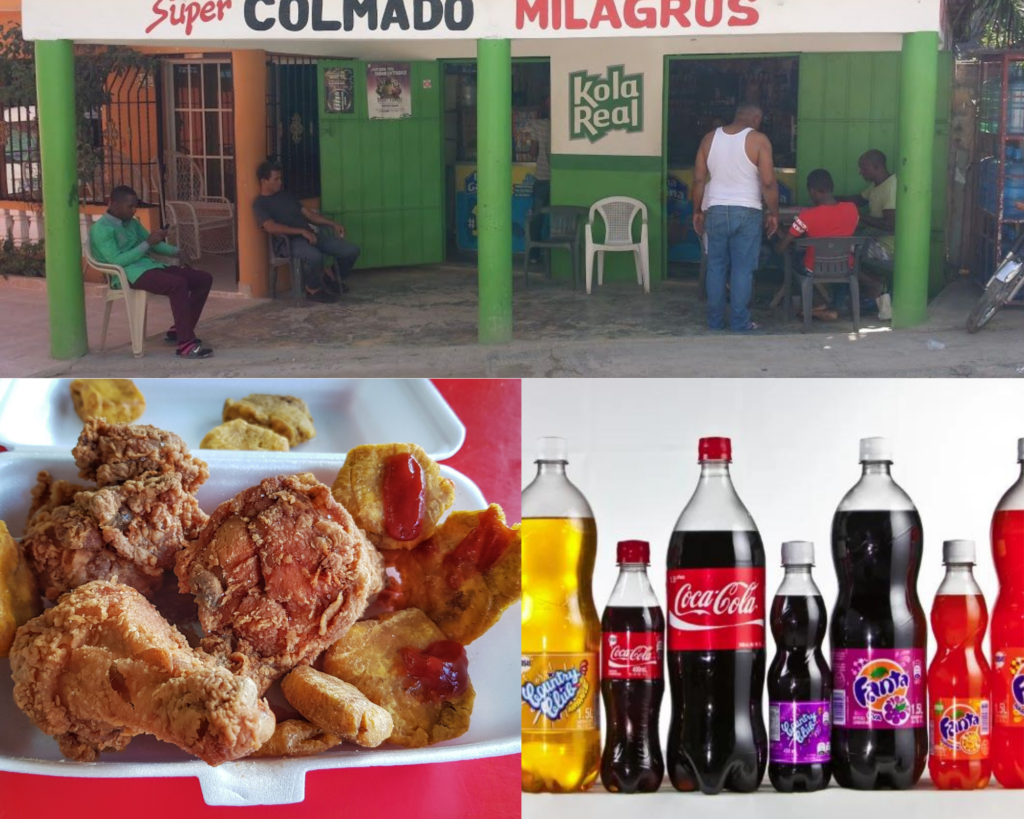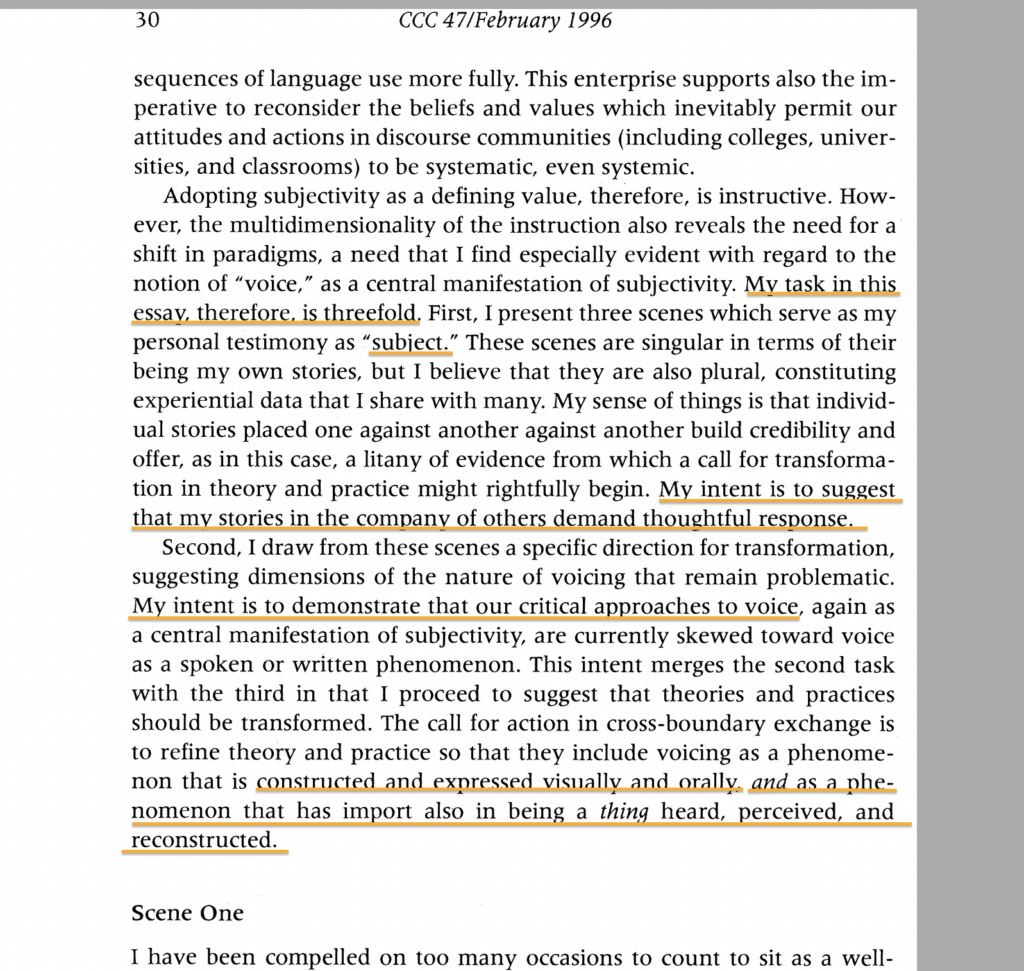WLLN Draft
Teresa Calcano
Prof. Rice-Evans
10/19/2022
ENGL 110
A language does not define an individual; it separates them from their cultural community. As childhood emerged, my extended Dominican family made me proud of my heritage and culture. Yet, language was something that made me feel like an outcast within my community. As a Spanish speaker, a lack of knowledge of my native language kept me from deeper connections and building a close relationships with my family and Spanish kids my age. As a result of these judgments, I began to doubt my ethnicity.
An article showing Hispanics questioning themselves due to their lack of native language:
In New York City, I live in a Hispanic-populated community. As a result, I deal with the disadvantages of my Spanish-speaking every day. For example, when I have to translate for my mom, I get anxious because I’m not giving the proper translation from both ends, which leads to confusion and mix-ups. In Washington Heights, a stranger can come to me asking for directions in Spanish. I don’t dare to help them.
Based on my resume, it can be troubling because I can’t consider myself bilingual due to my issue and past occasions. Therefore, I don’t put it in my skills section. While looking for a job, I question whether a manager can rely on me, so I don’t try to apply for jobs for bilinguals, which have more options and pay.
The Dominican Republic was the destination for a month-long visit of my family last year. Since I hadn’t been there in years, I was excited to return to my home country. As we landed, nervousness set in. It was overwhelming to experience such a different environment, climate, and language. We got to our temporary apartment and went to a mall in the city. As a first-time restaurant customer in the country, I ordered several times because the worker was confused. My embarrassment took over after that because I tried to mask myself as a native but failed miserably.
During our trip, we slept over at the family’s house. I found communicating with them challenging, but they were extremely friendly and tried their best to make me feel at home. At the local park, my aunt and I went for a walk. Our conversation focused on my plans for college and my future career. Despite my broken Spanish, I remember being able to converse comfortably. Also, I learned more about the country. The grocery store is called Colmado, Soda is called Refresco, and my favorite fast food to buy is Pica Pollo, which is fried chicken with a side. My Spanish improved and somehow made me feel I belonged here. My family’s connections and the learning opportunities I encountered during the trip did not get deterred by the language barrier.

My Spanish does make me any less Hispanic. During those memorable experiences, I realized I still belonged no matter what. I own my truth and continue to learn and love my heritage.






